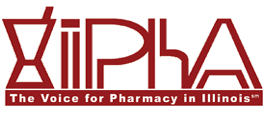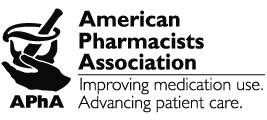Can a Psychologist’s License Be Suspended if a Patient Commits Suicide?
 Psychologists face a tremendous amount of responsibility as they attempt to treat patients for some of the most complex, difficult-to-understand mental illnesses imaginable. Although many psychologists help patients overcome difficulties and learn to manage mental illness in a safe, productive way, other times a psychologist’s professional practice may lead patients to further harm. In the most extreme cases, patients may take their own lives, potentially exposing the psychologist to professional discipline for their treatment methods.
Psychologists face a tremendous amount of responsibility as they attempt to treat patients for some of the most complex, difficult-to-understand mental illnesses imaginable. Although many psychologists help patients overcome difficulties and learn to manage mental illness in a safe, productive way, other times a psychologist’s professional practice may lead patients to further harm. In the most extreme cases, patients may take their own lives, potentially exposing the psychologist to professional discipline for their treatment methods.
If you are being accused of contributing to a patient’s suicide, it is essential to take these accusations seriously and to enlist help in defending your professional license. Even if you are convinced you did nothing wrong, you may be subjected to an investigation that could threaten your ability to practice.
Can a Psychologist Be Penalized For Certain Kinds of Practices?
While some professionals may understandably feel that a psychologist’s style of practice should remain between the psychologist and his or her patients (and perhaps the patient’s parents), professional guidelines and laws prohibit certain types of treatment. In one notable example from several years ago, a psychologist lost her license after incorrectly diagnosing an 11-year-old child with Reactive Attachment Disorder and making bizarre and unethical treatment recommendations, after which the child committed suicide.
If a patient receiving inappropriate or dangerous treatment takes their own life, the psychologist providing the treatment may be at risk of professional discipline and even civil liability. Types of unacceptable behaviors include, but are not limited to:
- So-called “conversion therapy,” which is intended to change the sexual orientation of gay, lesbian, or bisexual patients under age 18 to a heterosexual orientation; providers also cannot represent homosexuality as an illness, disease, or disorder
- Treating patients with illegal drugs, such as psilocybin, unless the psychologist has special permission in a clinical trial
- Misdiagnosing diseases or ignoring signs of serious mental illness
- Treating a patient with a course or combination of drugs that is dangerous or without explaining the risks of the treatment to the patient
- Crossing ethical and professional boundaries of sexual misconduct or abuse
- Encouraging a patient to engage in treatment methods that are dangerous, unethical, or in conflict with professional guidelines
- Failing to report the abuse of a minor
Contact an Illinois Professional License Defense Attorney
If you are facing accusations or allegations of engaging in professional ethical misconduct, do not wait. Get help from an Illinois professional license defense attorney with The Law Offices of Joseph J. Bogdan, Inc. right away. Your profession and livelihood could be at risk; make sure you have the experienced, hard-working help of someone who knows how to defend your license. Call 630-310-1267 today.














